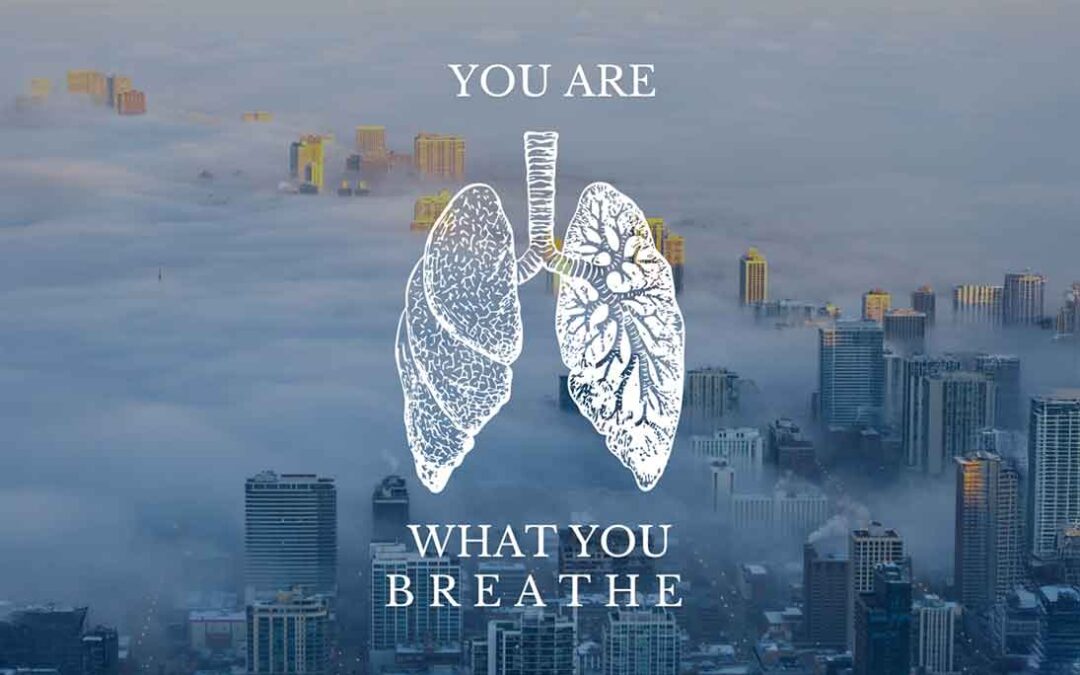A common issue that I have come across in people with coeliac disease, after diagnosis, is that they can have symptoms that persist even after the gluten free diet is in place. Some people actually go on to develop new symptoms either within the first 6 – 12 months, or as the years go by.
Here we look at two points that I think every Coeliac needs to be aware of, especially if you’re not feeling 100% healthy.
4. You may have, or be developing, other autoimmune diseases too.
It has been estimated that about 25% of people with an autoimmune disease, will go on to develop a second or third one as well, and at the time of diagnosis a large percentage of people already have antibodies to other tissues. What does this mean? Autoantibodies attack the body’s own healthy cells, tissues, and/or organs, causing inflammation and damage, they can be present up to 10 years before the tissue is damaged enough for a diagnosis to be possible. If you have antibodies to other tissues present, it may mean that you already have more than one autoimmune disease that needs to be addressed, or that you are in the process of developing one. Also, autoimmune diseases tend to cluster, so if you have coeliac disease specifically, you are at a much higher risk of having or getting an autoimmune thyroid condition, type 1 diabetes, rheumatoid arthritis, Addison’s disease, Sjogren’s, Autoimmune Liver disease or neurological autoimmunity. Getting tested for other antibodies is a good idea as it will help you to understand if other tissues or organs have been affected by the systemic inflammation and immune system disruption.
5. You may need to heal more tissues than just your Villi.
Some of this follows on from the earlier points in part 1 regarding inflammation, especially uncontrolled inflammation is pretty damaging to the tissues and functions in the body. If you have this going on, year after year, then you may need to work on healing that damage as well as making sure that your villi are growing back adequately. However, there are a lot of problems that can occur as a result of having raging gut inflammation and villous atrophy that need to be addressed also. These can include – basic digestive functions such a digestive enzyme, bile and stomach acid secretion, all of which can be negatively impacted by intestinal inflammation. Liver health and detoxification ability. All of that inflammation and trauma will have created a huge extra load for the liver over time. Liver problems are common in undiagnosed coeliacs. Hormone problems are also very common in women with on-going gut and inflammatory issues. Skin problems such as acne, eczema, rosacea and psoriasis may have occurred as a consequence of inflammation in the gut, poor absorption of healthy fats and important vitamins and minerals. All of these and more may have occurred outside the damage to the villi, as a direct result of the Coeliac Disease, addressing these separately may be very effective once the gut is healing.
Please do get in touch if this sounds like you or a loved one, or you would like to discuss either of these points.
Next, we’ll dive into Coeliac Disease and the brain! Make sure you check in for this important topic.
Learn More About Coeliac Disease
Whether you’ve just been diagnosed with Coeliac disease, or you’re a seasoned member of the No Gluten Club, there are several things I really want you to know about your condition – and I urge you to take a look at the rest of my articles in this series.
- In part one, I described my own journey with my diagnosis – but I also explore how Coeliac disease is an autoimmune disease, and why treating it isn’t always as simple as giving up gluten and reaching for the GF foods.
- In part two, I explain why you’re at a higher risk of developing another autoimmune disease, and how Coeliac disease can lead to issues with basic digestion, detoxification, hormone levels, and skin problems.
- In part three, I explore the far-reaching effects of gluten in the brain, and why Coeliac disease should be considered a disease of the brain, and not the gut.
- In part four, I outline my thoughts on why you suddenly notice new symptoms after going gluten-free!
- In part five, I talk about possible explanations for your symptoms that, at first, appear to be gluten related but actually aren’t.
Do you still have symptoms even though you’re on the Gluten Free Diet?
Not sure if you are even Gluten Sensitive or Coeliac?
We’d love to help you! Click here to book a call with me.
You may also like to check out my signature course. The Foundations of Health covers all aspects of gut health, nutrition, detoxification, sleep, and mood, in order to get you feeling more like yourself. And if you’d like to stay up to date with my new blogs, recipes and recommendation: Sign up for my newsletter!






